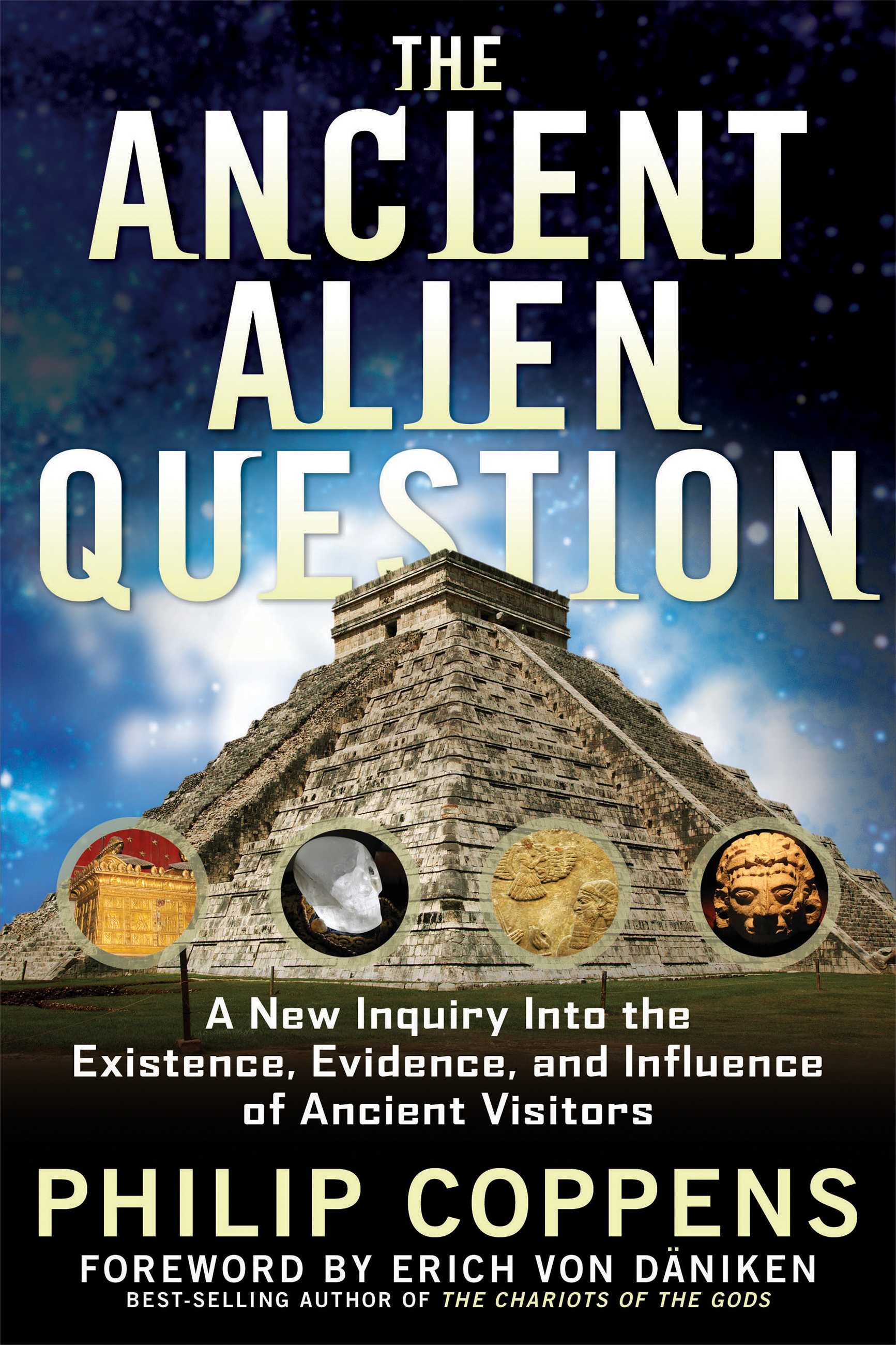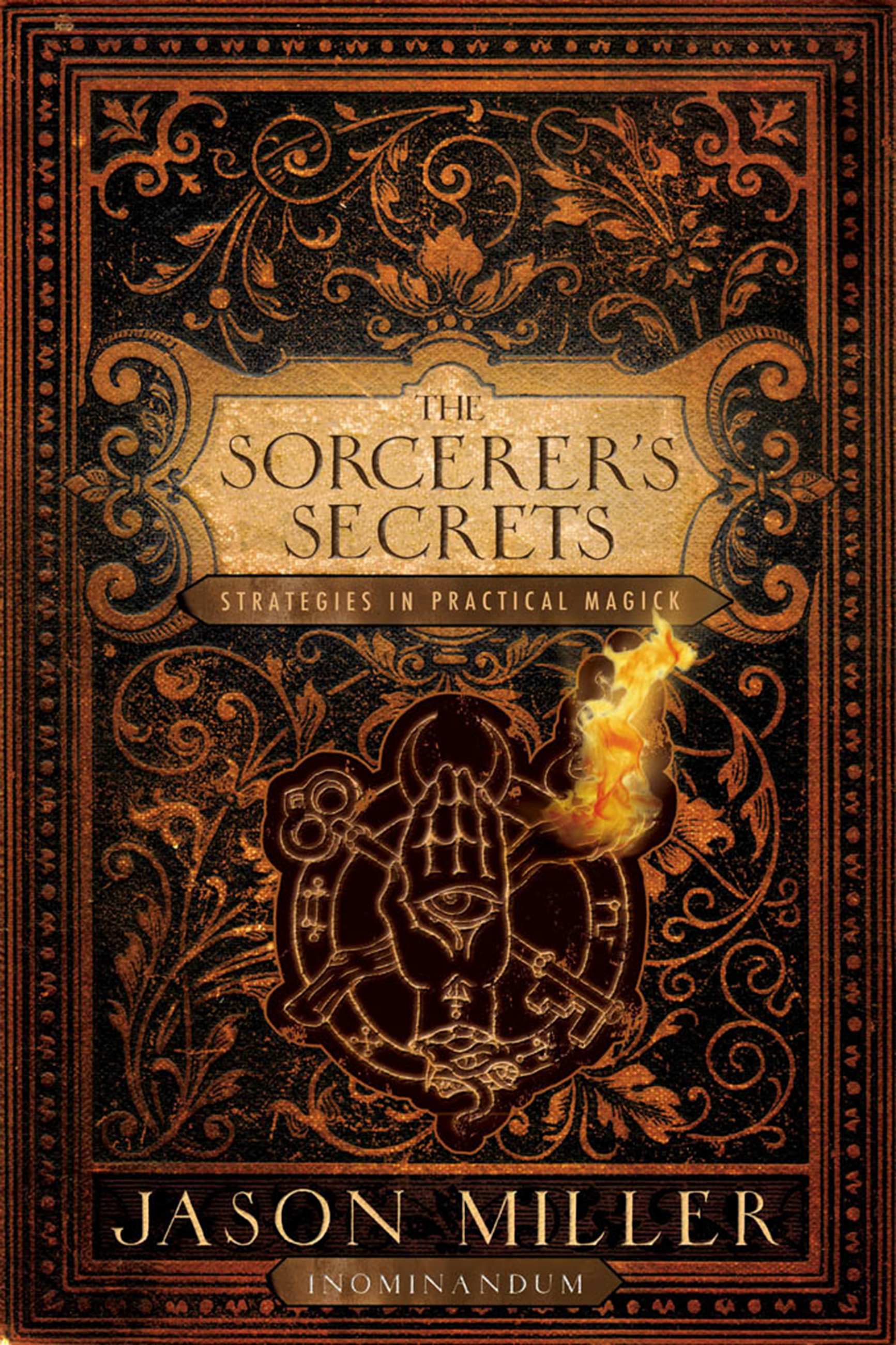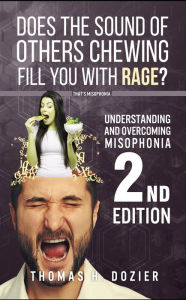
- Browse Category
Subjects
 We Begin at the EndLearn More
We Begin at the EndLearn More - Choice Picks
- Top 100 Free Books
- Blog
- Recently Added
- Submit your eBook
password reset instructions

Chapter One: A Diagnosis of Dementia, what now? How to face up to the situation and make positive plans for the future
Chapter Two: Communicating from the Heart. How to find ways to help you communicate well together
Chapter Three: Using Memories to Keep in Touch. Creative approaches to stimulate memory and help with day to day living
Chapter Four: Staying Connected through Life Stories. How to re-connect by creating your life stories that you can enjoy together
Chapter Five: Creating a Calm, Safe Home. How to help your care partner feel content and safe at home
Chapter Six: Sleep is the Best Medication. Gentle approaches to help you both feel rested
Chapter Seven: Tips for Eating and Drinking. How good nutrition and hydration can provide balance in your lives
Chapter Eight: I am Still Me! How to maintain your partner’s dignity and help with their appearance
Chapter Nine: Understanding Changes in Mood and Behaviour. How to listen and respond to the emotions behind mood and behaviour
Chapter Ten: Altered States: Hallucinations, Delusions, Misperceptions. Try new approaches to avoid distress
Chapter Eleven: Caring for the Caregiver. Quick and easy ways to nurture and replenish yourself
Chapter Twelve: Considering Care. What to look for in choosing caregivers, respite and care homes
Having a diagnosis of dementia can often lead to feelings of anxiety and uncertainty for the future. Chapter one in Finding the Light offers guidance and practical advice about what positive plans you need to make together.
People who have dementia may become disoriented to time and space. They need to be in a familiar environment surrounded by people who know them, in order to feel safe and secure. Involve their friends and family; children can be particularly intuitive and offer a blanket of hope and a great source of love. Language is often affected by dementia, so Finding the Light introduces ways we can communicate beyond speaking and help you make the most of non-verbal forms of communication and find ways of understanding each other.
Memory and awareness of time and place can be affected, this can include forgetting, repetitive behaviour, failing to recognise people, not understanding time and getting lost. Finding the Light helps you to understand what your partner is experiencing and offers suggestions to overcome these difficulties while helping you both find joy in shared remembering.
Judgement may be impaired by dementia: this can include not being able to recognise risks, such as knowing that a hot cup of tea may scald, or how to dress appropriately for the weather. Here are some ideas to help your partner feel safe, secure and content while maintaining their independence for as long as possible. Eating, drinking and sleeping can be affected by dementia. Finding the Light shows how good nutrition, hydration and sleep can help you both keep well and maintain some balance in your lives together.
Chapter Eight helps provide practical suggestions to help your partner keep their dignity and sense of self-worth while Chapters Nine and Ten explain what might be happening to your partner's moods and beliefs and show you how you can help.
When caring we tend to forget about our own needs and this can lead to emotional, physical and social problems for ourselves. I offer positive suggestions to self care while caring for your partner. Chapter Twelve offers advice about involving other caregivers to help both you and your partner and provides gentle suggestions when looking at a care home, either for respite or on a long-term basis.
Less
- File size
- Print pages
- Publisher
- Publication date
- Language
- ISBN
- 8.5x5.5x0.48inches
- 228
- Duetcare
- December 1, 2017
- English
- 9781999926809




























